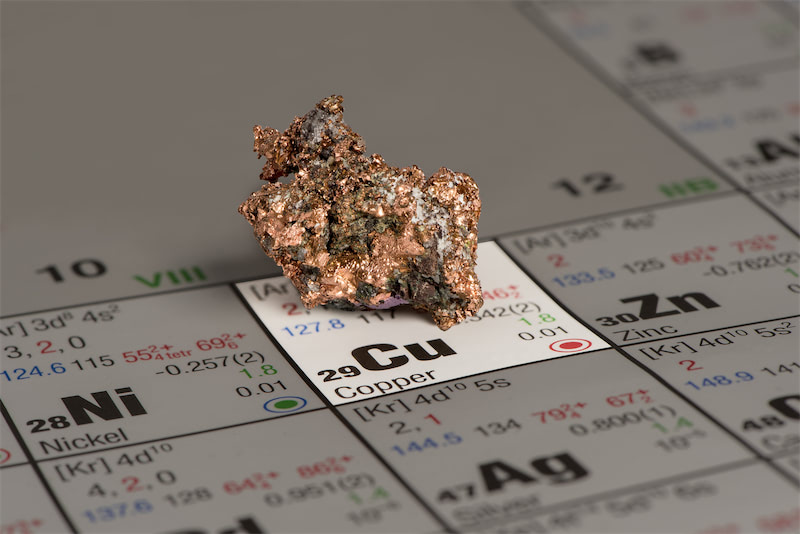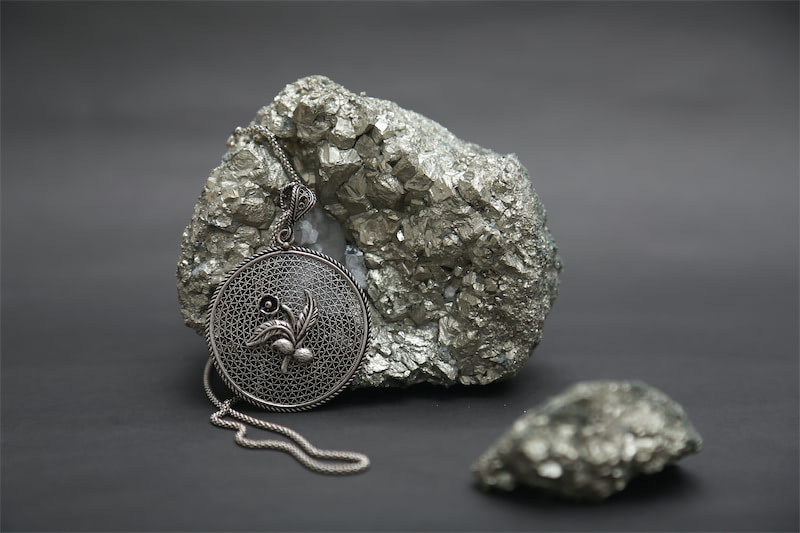Recently, the refined tin producer Malaysia Smelting Corporation (MSC) released its Q2 2025 financial report. Despite a temporary shutdown at its Pulau Indah smelter due to a natural gas pipeline explosion in April and weak performance in the refined tin business, revenue from tin slag and by-products surged, driving total revenue up 2.5% QoQ to 379 million ringgit (approximately 631 million yuan).
Specifically, Q2 sales of tin slag and by-products soared 484.1% YoY to 38 million ringgit (approximately 65.25 million yuan), offsetting a 6.0% MoM decline in refined tin sales (down to 339 million ringgit, approximately 573 million yuan) and the impact of falling tin prices denominated in Malaysian ringgit. However, affected by the shutdown and reduced ore supply, the tin smelting segment turned to a loss in Q2, recording a pre-tax loss of 9.6 million ringgit (approximately 15.95 million yuan), compared to a pre-tax profit of 5.7 million ringgit (approximately 9.425 million yuan) in Q1 this year.
On the raw material side, the disruption of tin mining in Myanmar's Wa State continues, forcing Chinese smelters to seek tin ore from other regions, intensifying global competition for tin ore and putting pressure on MSC with reduced ore supply from suppliers. In terms of capacity adjustment, following the completion of commissioning at the Pulau Indah smelter, MSC plans to decommission the old Butterworth smelter, a move expected to reduce costs and carbon emissions.
In the mining business, Rahman Hydraulic, MSC's largest tin mine in Malaysia, saw a 3.6% increase in revenue to 82 million ringgit (approximately 138 million yuan) thanks to higher production, but operating profit slightly decreased by 0.9% to 30 million ringgit (approximately 50.75 million yuan). The company is currently introducing more cost-effective new-type mining technologies and modern ore processing methods to boost capacity and efficiency at the mine.
By tapping into the value of tin slag and by-products, MSC achieved a 484.1% YoY surge in sales from these segments, effectively hedging against the downturn in the refined tin business. This provides a key insight for the industry: under the backdrop of squeezed refined tin profits and intensified raw material competition, upgrading technology to enhance the utilization rate of smelting by-products (such as tin slag and associated metals) can both optimize the revenue structure and strengthen risk resilience. Some domestic tin smelters have already begun similar explorations into resource recycling.

![The Most-Traded SHFE Tin Contract Opened Lower and Then Traded Stronger, Spot Market Recovers Amid Downtrend [SMM Tin Midday Review]](https://imgqn.smm.cn/usercenter/WWXJU20251217171753.jpg)
![The most-traded SHFE tin contract fluctuated rangebound during the night session, with downstream enterprises mostly following up with small-lot transactions. [SMM Tin Morning Brief]](https://imgqn.smm.cn/usercenter/bYFQn20251217171752.jpg)
